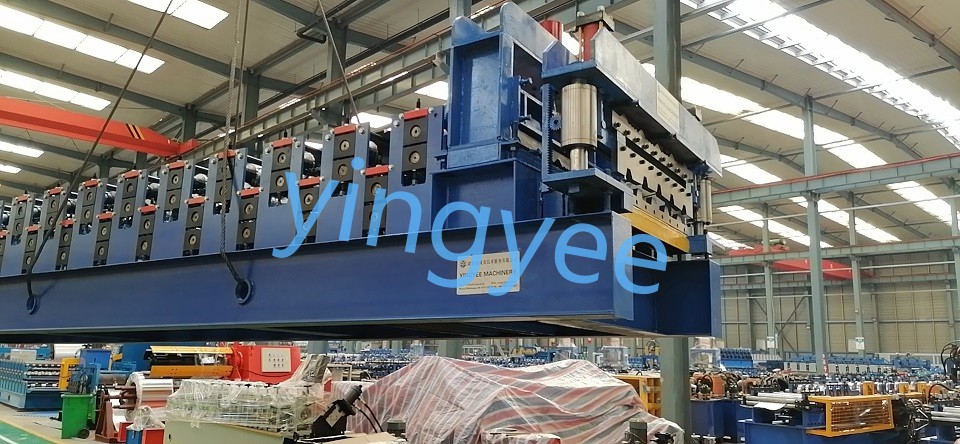
The Process and Importance of Galvanizing Pipe Making Machines
Galvanizing pipe making machines play a pivotal role in the manufacturing industry, particularly when it comes to producing durable and corrosion-resistant pipes. These machines are specifically designed to coat steel pipes with a layer of zinc, providing protection against rust and extending the lifespan of the pipes. As industries evolve and the need for reliable infrastructure grows, understanding the significance and functionality of galvanizing pipe making machines becomes increasingly essential.
The Galvanization Process
Galvanization is a process where a protective zinc coating is applied to iron or steel piping to prevent corrosion. The most common method, hot-dip galvanization, involves immersing the steel pipes into molten zinc at a temperature of around 450 degrees Celsius. This method ensures that the pipes are uniformly coated, providing a robust barrier against environmental factors that could cause deterioration over time.
The galvanizing pipe making machine automates this process, offering precision and efficiency that manual methods cannot achieve. These machines are equipped with advanced technology to ensure consistent zinc thickness and an even finish. The process begins with the preparation of the steel substrate, where the pipes are cleaned and pre-treated to remove any rust, oil, or scale that may hinder adhesion. After this, the pipes are fed into the galvanizing unit, where the hot-dip process takes place.
Benefits of Using Galvanized Pipes
The use of galvanized pipes has numerous advantages. One of the most significant benefits is their resistance to corrosion. In industries such as construction, plumbing, and telecommunications, where pipes are exposed to moisture and varying environmental conditions, having pipes that resist rust is crucial. Galvanized pipes can last for decades without significant degradation, reducing maintenance costs and the need for replacements.

Additionally, galvanized pipes are often more cost-effective in the long run. Although the initial investment may be higher than that of non-galvanized options, their longevity and reduced maintenance requirements lead to substantial savings over time. These pipes are also flexible in application, suitable for a range of uses from residential plumbing to industrial applications.
Advancements in Machine Technology
Recent advancements in the design and functionality of galvanizing pipe making machines have transformed the manufacturing landscape. Modern machines incorporate digital controls and automated processes, enhancing productivity and reducing labor costs. They can monitor the galvanization process in real-time, adjusting parameters to ensure optimal coating thickness and quality.
Furthermore, eco-friendly innovations are being integrated into these machines. With increasing awareness of environmental issues, manufacturers are seeking ways to minimize waste and reduce energy consumption during the galvanization process. New technologies, such as recycling excess zinc and using energy-efficient heating methods, are paving the way for a more sustainable approach to pipe manufacturing.
Conclusion
In conclusion, galvanizing pipe making machines are indispensable in the production of high-quality, corrosion-resistant pipes that meet the demands of various industries. The galvanization process protects steel pipes from rust, ensuring their longevity and reliability in different applications. As technology advances, these machines continue to evolve, improving efficiency, sustainability, and product quality. Understanding the importance of these machines not only highlights their role in modern manufacturing but also underscores the broader significance of rust-resistant materials in building resilient infrastructure for the future.